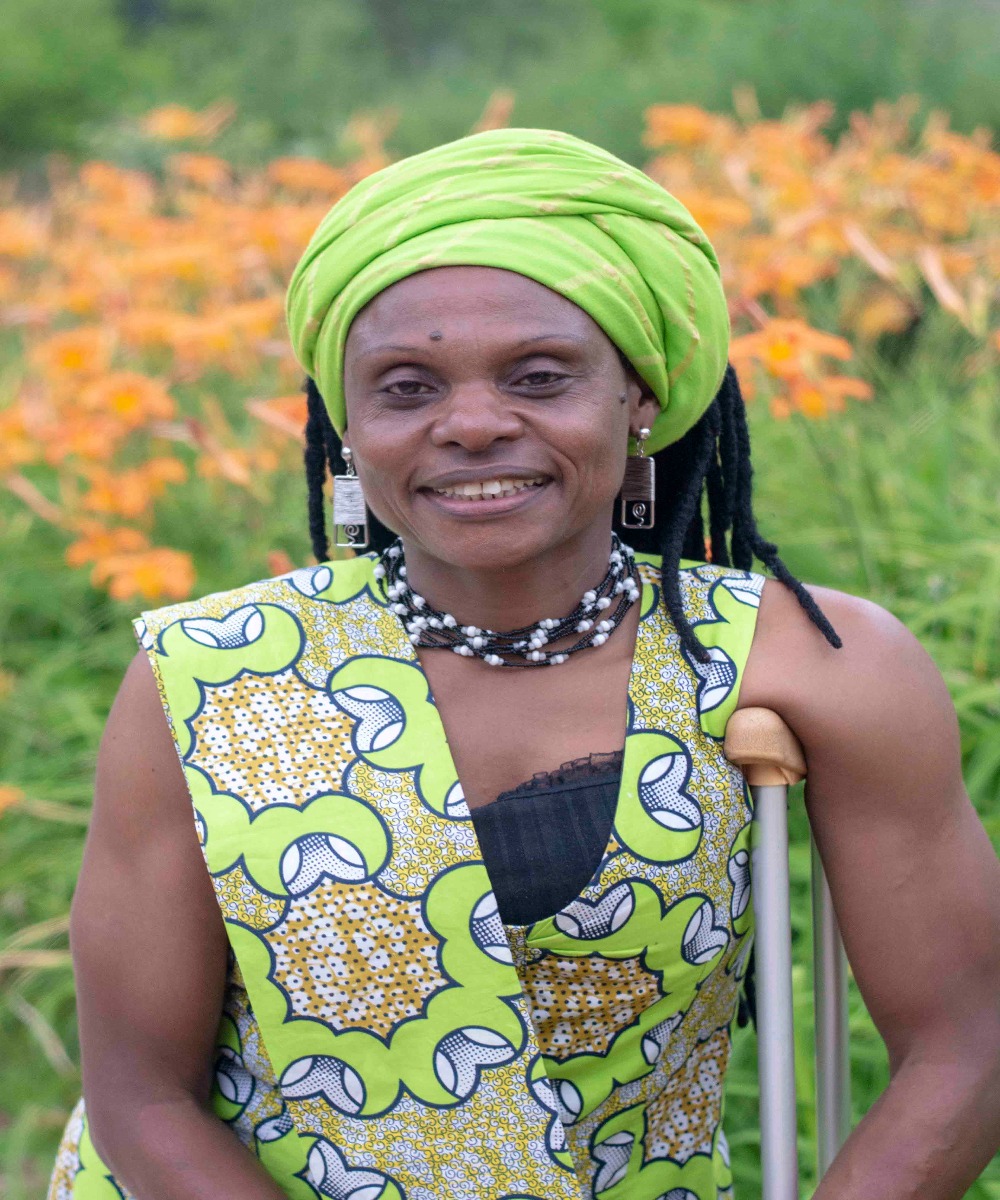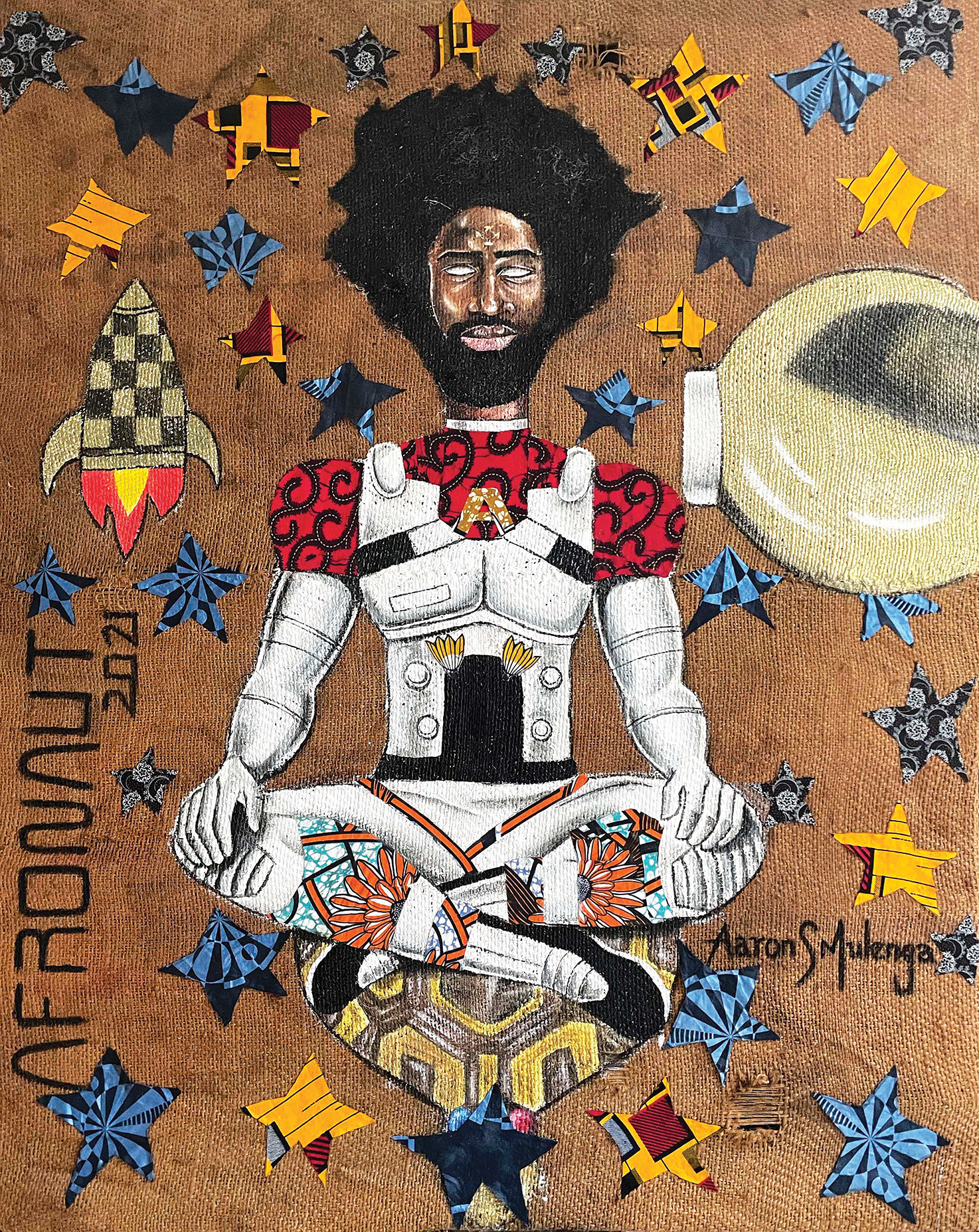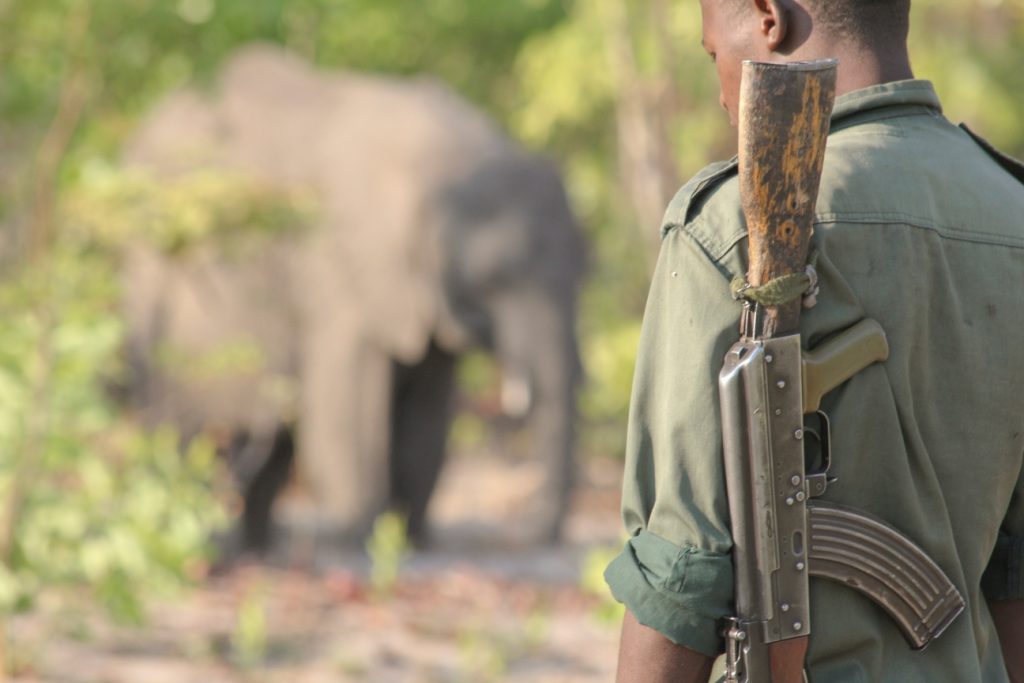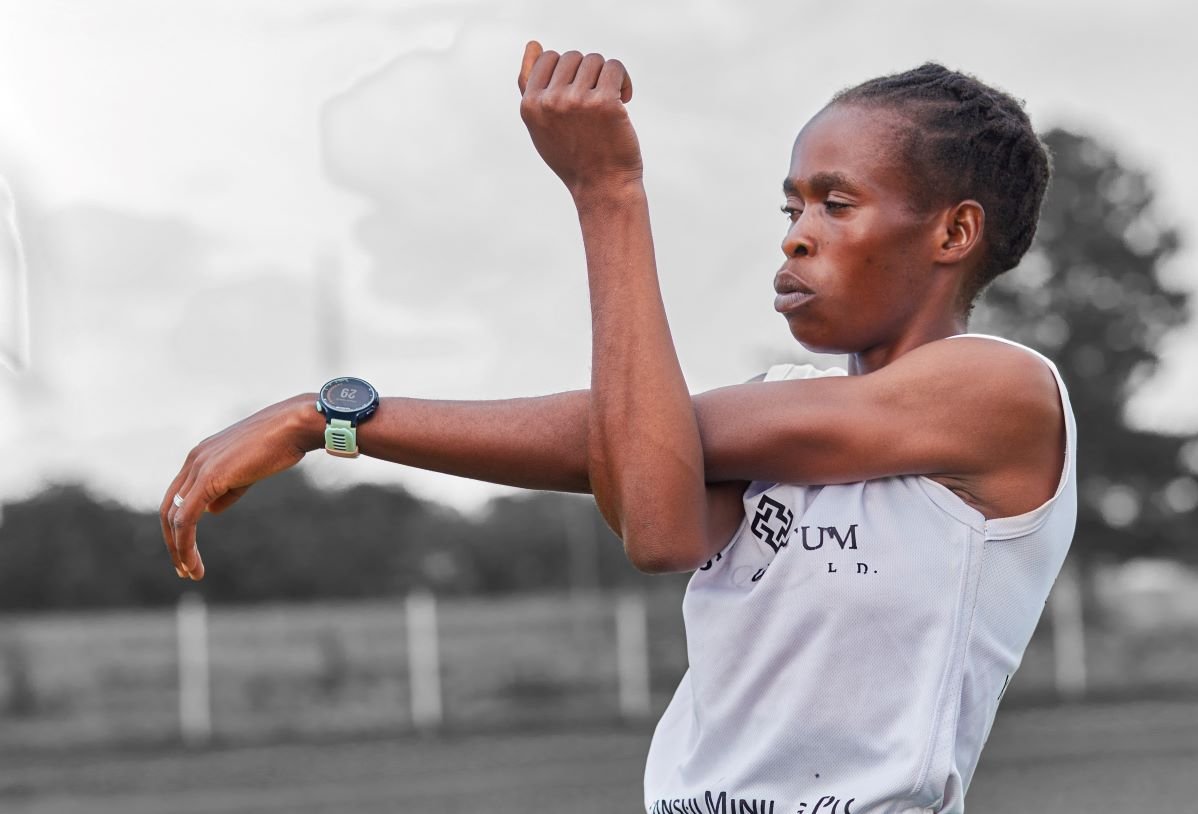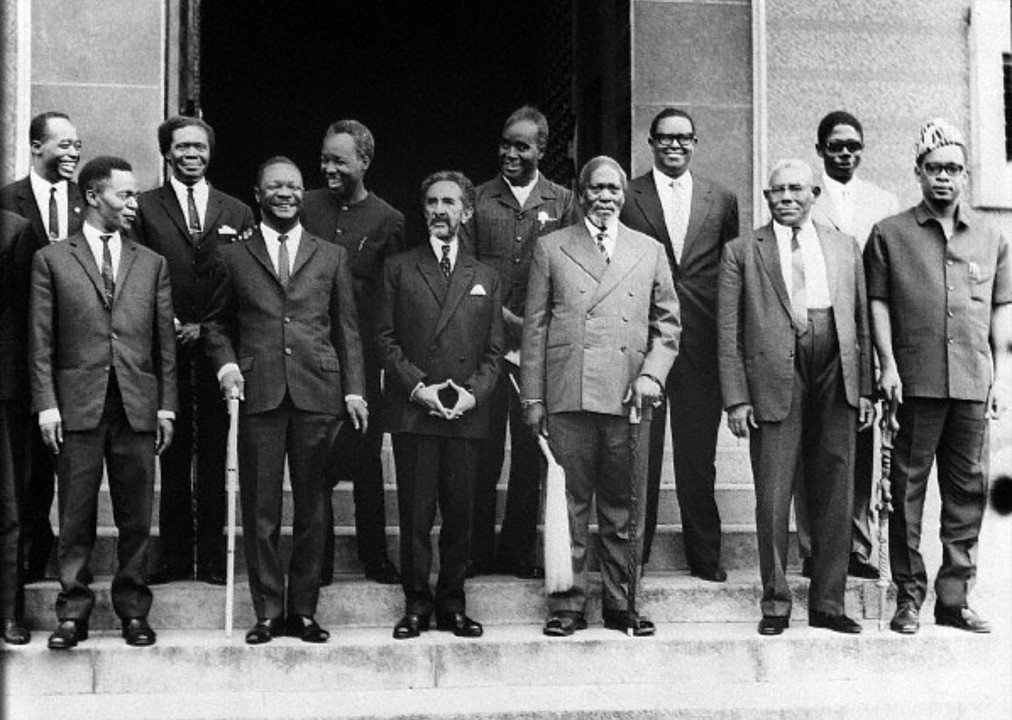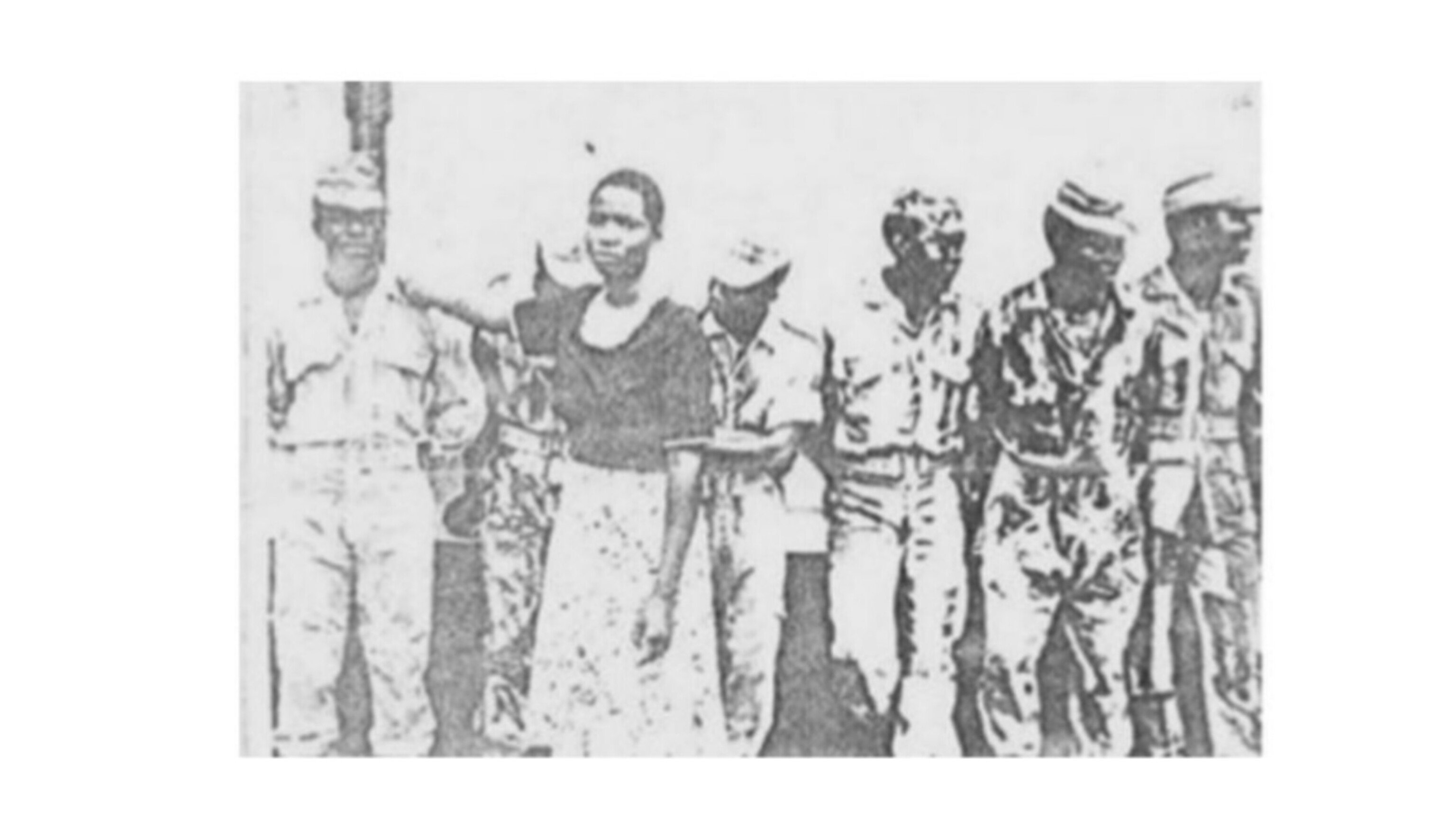Musola Cathrine Kaseketi has told many a story through film but her own life story is worthy of a feature film. Born on 10th 0ctober 1968, in Solwezi, Musola is a celebrated filmmaker and human rights advocate. A veteran of the industry, she has paved the way for Zambians working in film today. Named after her father, Musola Weston Moffie Kaseketi, she is the only female Musola from the Kaseketi clan. She was given the name Cathrine for the purpose of school registration.
When she was a year and a half Musola became ill and was prescribed medication to be administered through five injections. A student nurse accidentally injected a nerve in Musola’s left leg when administering the third injection. This left Musola with a permanent disability.

Before her sixth birthday Musola’s parents divorced, and for her to attend school, she had to live with her father and her stepmother. “Life was quite miserable, living away from my mother,” Musola recalls. However, she is grateful for the challenges she faced because they pushed her to become the person she is today – a creative thinker.
“Whenever I told my mother about my stepmother’s ill-treatment, her response was, that is your mother, just learn to love and respect her,” she recounts. Musola had to learn to live with her predicament and expressed herself through singing and church became her place of solace. She also expressed her anguish through poetry and penned a piece titled ‘Stepmother.’ Amazingly, she still remembers every word of that poem by heart and recited it in its entirety for me.

Musola nurtured her creative skills through to her secondary school days and became an active member of her school’s drama club. However, when she moved into boarding at Kasama Girls Secondary School Musola experienced some frustration because of her disability, particularly when she was kept at the sickbay with other girls with disabilities. The social isolation made her feel stigmatised. What was more frustrating was that despite writing most scripts for the school’s drama club, Musola was never allowed to take active or leading roles in the plays. However, to find self-fulfillment and satisfaction Musola began to model herself in different roles within performing arts, developing a niche for directing, writing and singing.
In 1986, her efforts paid off when her poem “Namibia shall soon be free” moved President Dr. Kenneth Kaunda to tears. “When I recited the poem before Dr. Kaunda during his visit to Kasama town, I saw my turning point in theatre’, Musola recounts. In 1987, the budding actress put on a performance of her play Den of Tormentduring theNational Arts Festival competition, which saw her win the best actress and best production awards.
Riding on the strong foundation she had created for herself, after completing secondary school Musola formed the Zambia National Association for the Physically Handicapped (ZNAPH,) a traveling theatre group. It was a team to reckon with in theatre, and when Zambia hosted the World Disability Congress in 1990 ZNAPH entertained the delegates.
Seven years later, Musola was among participants when Zambia Institute of Mass Communication and UNESCO-Zimbabwe held a filmmaker’s training workshop, which was facilitated by Zimbabwean filmmaker Godwin Mawuru. He is known for directing the hit movie Neria. Later, Musola earned further training in film at Newtown Film and Television School in South Africa.
Upon her returned home in 2001 she joined Picture Perfect Production (PPP) of renowned local filmmaker Lawrence Thompson in the making of Kabanana, Zambia’s first soap opera. Musola worked on set as production manager and also directed a number of episodes.
Equipped with the ambition to develop the local film industry, in 2003 Musola left PPP, and founded Vilole Images Productions, and three years later she founded The International Film Festival of Zambia (IFFOZ), to promote film as a tool for human rights advocacy and social change. While she is passionate about many issues a lot of Musola’s advocacy is focused on the rights of people living with disabilities.
Musola says IFFOZ was established with the goal of empowering creatives in the local film industry and contributing to their growth and visibility. It also aimed to celebrate the talents of artists, including those from underprivileged backgrounds.
To broaden and enhance her knowledge in festival managements, leadership, human rights and disability equality, Musola has studied Events and Festival Management in Germany, Human Rights Advocacy at the Institute for the Study of Human Rights, Columbia University in New York and Leadership Development in Nova Scotia, Canada.
